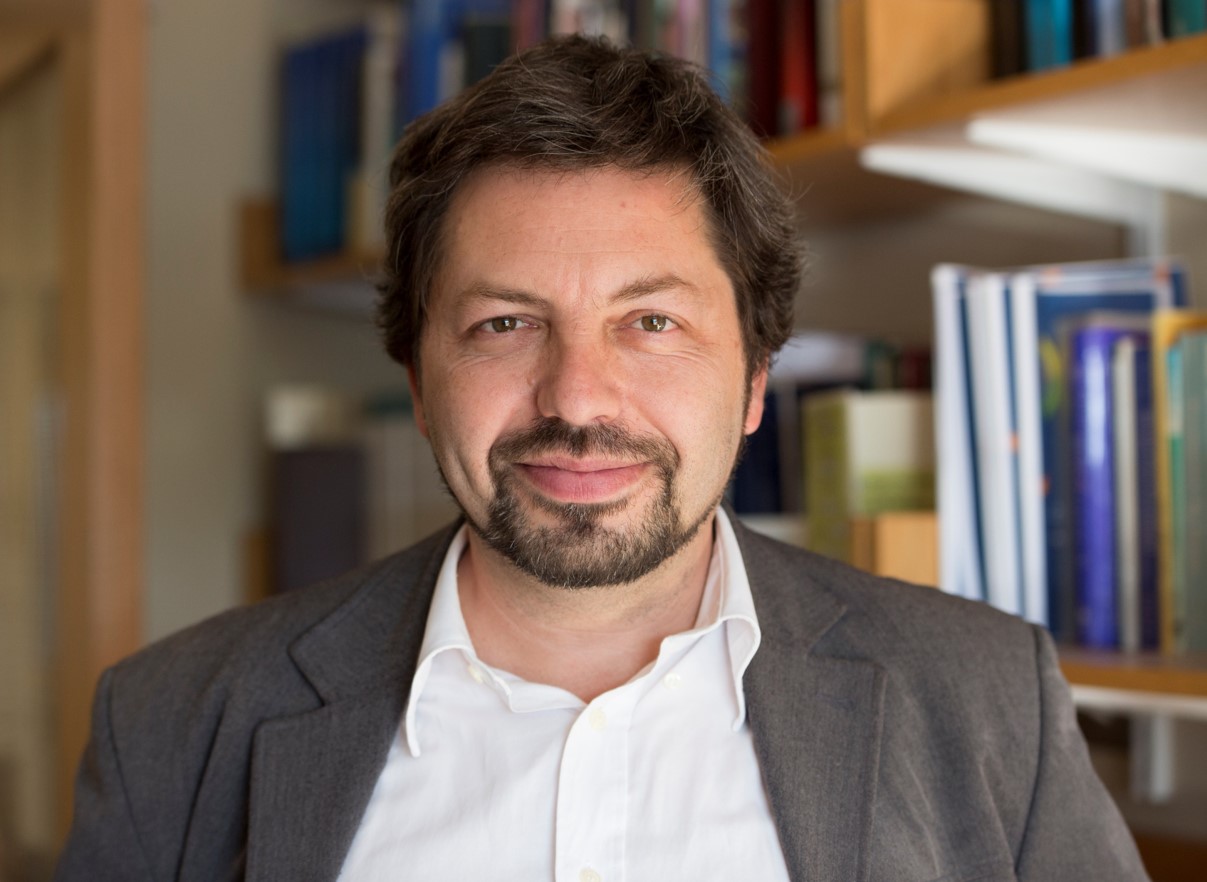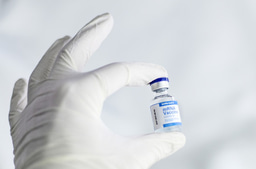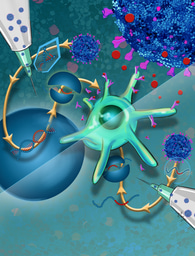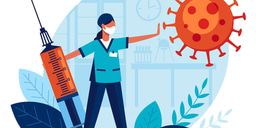Vaccine research bioethics: does the COVID-19 pandemic argue for special considerations for testing?


Nir Eyal is the Henry Rutgers Professor of Bioethics and Director of the Center for
Population-Level Bioethics (CPLB) at Rutgers University, New Brunswick, NJ, USA.
His bioethics research expertise spans several healthcare areas, including
resource allocation, health promotion, and research on human participants.
Vaccines have been a remarkable tool in disease prevention with a long history, but there have also been concerns on ethical issues from consent to equitable delivery. For the area of vaccine clinical trials, what do you see as the main guiding ethical principles nowadays?
There are many basic questions in the field of research ethics, and especially ones pertaining to vaccine development. Examples: the quality of informed consent; the risk–benefit ratios for participants and between any net-risks to participants and the societal value of the studies; the balance of valid, efficient designs and participants’ interests; any risks of infecting (or otherwise harming) nonparticipants; how to avoid preying on vulnerable populations; how to involve study participants most fruitfully in the planning, and the benefits, of their participation; how to respect their rights to privacy and confidentiality, and many other questions. Some particular decision nodes in vaccine trials, for emerging infections and more generally, trigger some of these questions, e.g. the choice of control – individual vs cluster, simultaneous vs temporal, and many others. The question whether the exposure to the pathogen that the vaccine candidate is trying to fight off will be natural (as it would be in a standard efficacy trial) or artificial (as it would be in a challenge trial) is thus one of many others.
With colleagues you have argued the case for a ‘human challenge study’ to accelerate vaccine development for COVID-19. How would this be done and why do you think it could be justified and ethical?
Peter Smith, Marc Lipsitch and I have indeed argued in a recent paper (J. Infect Dis. 2020, https://doi.org/10.1093/infdis/jiaa152) that although COVID-19 is very deadly, and despite the lack of a cure at this point, challenge trials for SARS-CoV-2 (the virus behind COVID-19) could be justified, if done right.
To be justified, the studies would need to select participants who are young and healthy and therefore at real – but small – risk of death. They would need to select them from areas of ongoing high transmission of SARS-CoV-2, so that participants would not lose on a high chance to avoid exposure, just on a low chance (but without systematically preying on areas whose populations are vulnerable). That would also make the guaranteed life support in the trials (the only decent way to run such trials) provide a substantial benefit: in areas of high transmission, access to critical care would often be clogged, so participants’ chances of getting the help they need in a worst-case scenario of severe disease would be higher inside the trial than outside it. Participants would then need to give fully informed and voluntary consent to participate, with rigorous steps to ensure their comprehension. They would need to be isolated so long as they remain infectious.
How agreed are bioethicists on these matters?
While many colleagues are expressing strong support, we too often encounter the objection that what we propose must be based on contempt for the individual rights of study participants, and on the unappetizing thought that to make an omelette one must break some eggs. But if you look at the above argument, it’s exactly what it does not state. We thought a lot about the health interests of individual participants, and always emphasize their rights to autonomously make decisions for themselves. While of course the acute public health need of a vaccine that would enable us to exit our current pickle counts in favour of accelerated challenge trials if they can provide interpretable information about vaccine efficacy, our argument doesn’t assume that this public health need overrides other considerations and does the entire work of justifying these studies.
In terms of vaccine trial design, process and ethics, what can the coronavirus field learn if anything from recent Ebola and Zika vaccine development work?
One thing we have learnt from Ebola is that regular randomized controlled trials to assess efficacy can take such a long time that eventually they lack enough cases of natural exposure to the virus to be completed. This is what happened to the vaccine candidate trialled by GlaxoSmithKline in Liberia in 2015. With the worst global pandemic since the 1918 Spanish Flu, we cannot afford to let this happen again.
Would you volunteer for a human challenge study?
I am above the age cut-off, but friends are volunteering, as well as collating names of other potential volunteers. As of today (23 April 2020), they had more than 2430 people from 52 countries who have signed up on their website as interested in potentially volunteering for a human challenge trial to test coronavirus vaccines, should one be conducted.
Top image of post: PhotobyTawat/Shutterstock.com





Join the FEBS Network today
Joining the FEBS Network’s molecular life sciences community enables you to access special content on the site, present your profile, 'follow' contributors, 'comment' on and 'like' content, post your own content, and set up a tailored email digest for updates.